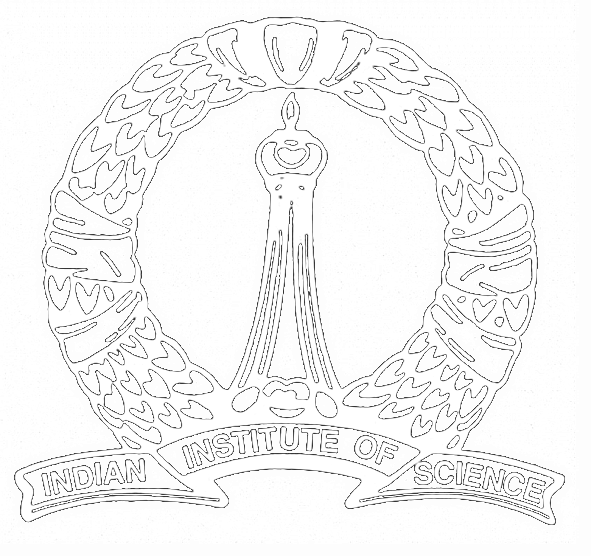APRG Seminar
Title: Dynamics Of Determinantal Point Processes
Speaker: Alexander Bufetov (CNRS, Marseilles, France; and Steklov Mathematical Institute, IITP RAS, NRU Higher School of Economics, Russia)
Date: 17 January 2018
Time: 2:30 pm
Venue: LH-1, Mathematics Department
Determinantal point processes, which first appeared in Dyson’s work on random matrices, arise in diverse problems of asymptotic combinatorics, ergodic theory, representation theory. They have strong chaotic properties: for example, the sine-process has the Kolmogorov property and satisfies the Central Limit Theorem. A Functional Limit Theorem for the sine-process has been established in joint work with A. Dymov.
A delicate aspect of the behaviour of a determinantal point process is that particles interact at infinite radius. For instance, Ghosh and Peres showed that, under the sine-process, the number of particles in a bounded interval is determined by the configuration in the outside of the interval. For determinantal point processes with so-called integrable kernels, an explicit description is given of conditional measures of the process in a bounded interval with respect to the fixed exterior. These conditional measures are given by orthogonal polynomial ensembles with explicitly found weights. A key step in the argument is that projections inducing our processes satisfy a weaker analogue of the division axiom of de Branges: in fact, this weak division property, as shown in joint work with Roman Romanov, characterizes integrable kernels. Similar results for determinantal point processes governed by orthogonal projections onto Hilbert spaces of holomorphic functions are obtained in joint work with Y. Qiu. The talk is based on the preprints
https://arxiv.org/abs/1707.03463, (joint with R. Romanov), https://arxiv.org/abs/1701.00111 (joint with A. Dymov), and the paper
Alexander I. Bufetov, Yanqi Qiu, “Conditional measures of generalized Ginibre point processes”, J. Funct. Anal., 272:11 (2017), 4671–4708.
- All seminars.
- Seminars for 2018
